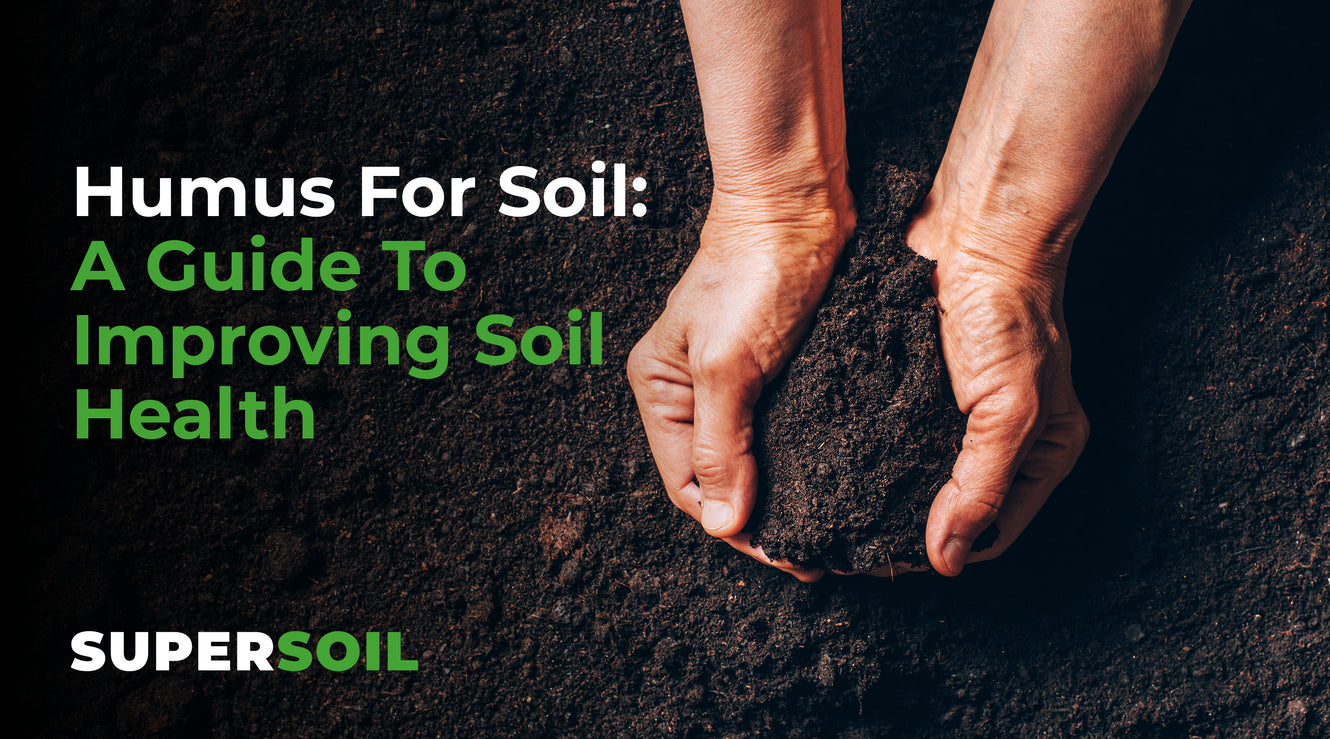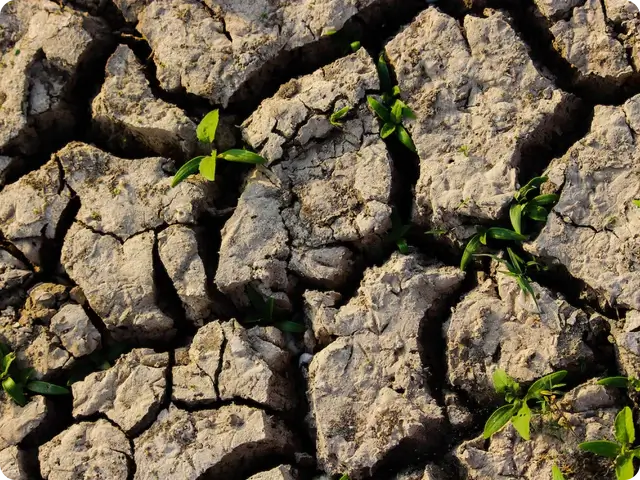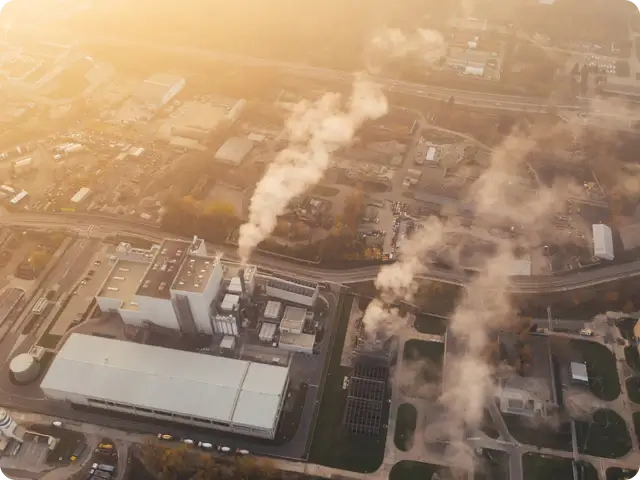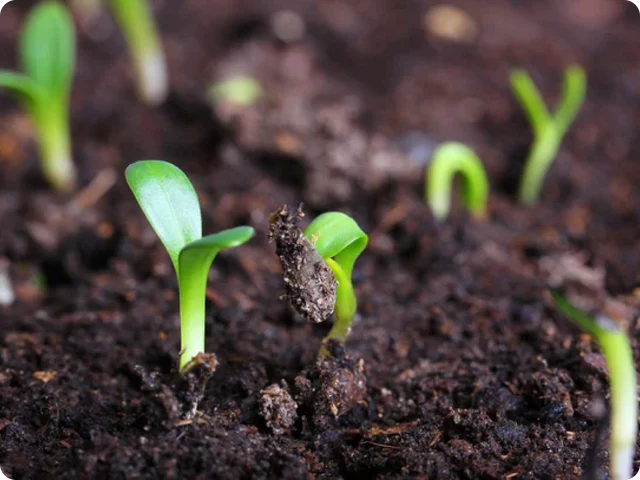How to Use Humus to Improve Your Garden’s Soil Health
A garden is only as good as its soil health. And soil health depends on soil structure, or in other words, the physical condition of the soil.
The management of healthy soil includes cultivation at the appropriate times, and the addition of decomposing organic compounds. This organic matter is what is known as humus, a soil component that increases the fertility of the soil.
Humus is the secret behind fertile soil, and adding humus to soil can result in a host of benefits for your garden. Knowing how to increase humus in soil correctly can result in bountiful yields from your crop, increased plant growth, and healthy, long-lasting soil.
This blog goes into what this organic compound is, its formation, and explores its role in creating healthy, abundant soil that nourishes your plants and crops.
What Is Humus For Soil?
Humus is the Latin word for "earth" or "ground". Essentially, humus is the organic component in soil resulting from the breakdown of organic matter. It is what is left over after organic matter from insects, plants, and animals has decomposed.
Humus is a rich, dark, spongy material that helps soil retain moisture while enriching it with the essential nutrients necessary for plant growth.
Humus is much more than just decaying matter though; it's the end product of hard work by microorganisms, fungi, and worms. When they break down organic matter over time, essential nutrients are released. This creates a complex network of pore spaces that hold water and air to create a nutrient-rich fertile soil.
How Is Humus Formed?
As we’ve briefly explained above, humus is formed through the natural decomposition of dead plant and animal matter by microorganisms. This slow, gradual breakdown creates a rich material that contributes greatly to soil fertility.
Humus formation is a natural cycle. Fallen leaves, twigs, and animal remains become food for microorganisms, which break down complex organic molecules into simpler forms. Fungi further decompose these fragments, then earthworms burrow through the soil and aerate it while incorporating organic matter and further accelerating decomposition.
This wondrous display of nature at work ultimately yields the dark and rich humus that is so important for your garden's soil.
The cycle from fallen leaves to fertile humus-rich soil is a slow burn, taking time and dedication. Over months or years, organic matter transforms into a finely textured, nutrient-rich organic matter.
Why Humus Is Important For Soil Health
Humus in soil helps create an environment where the plants in your garden can thrive, benefiting your soil in a multitude of ways:
Water & Moisture Retention
Because of humus’s unique sponge-like texture, it acts as a sort of reservoir to help with water retention in the soil. The humus holds the water and releases it slowly over time to the plant’s roots deep within the soil. This is especially helpful during periods of drought and offers plants a consistent supply of water that is essential to their survival and growth.
For yards or gardens in climates that often experience dry spells, humus in the soil can provide a healthier, moisturised environment for your plants to grow in.
Nutrient Rich
Carbon is an essential element for healthy soil and humus is about 60 per cent carbon. Humus is also rich in nutrients like calcium, magnesium, nitrogen, phosphorus, potassium, and sulphur. As they slowly decompose, these nutrients provide an organic and long-lasting food source for your plants when they are released into the soil.
Being rich in nitrogen means humus serves as a natural fertiliser for plants, which is important for soil health, growth and healthy green foliage.
Increased Soil Fertility
Fertile soil benefits from great texture, structure, and the required levels of pH and temperature. Such soil should have all the aforementioned nutrients and microbes in the right proportions and will result in healthy and optimum plant growth.
Humus improves soil fertility in several ways. Firstly, it promotes proper drainage, which prevents waterlogging and accelerates root growth. In addition to water retention, its spongy structure allows air to circulate freely, keeping roots healthy by preventing disease.
There is no real soil fertility without humus. Humus is the deciding factor in drainage, structure, and pH levels. Soil structure relates to soil particles that are in different patterns, and good soil structure is a sign of healthy soil. The percentage of humus in the soil directly correlates to whether or not it can aggregate and uphold a good soil structure.
You can read more on this topic in our blog about increased soil fertility.
Aeration
In addition to improved drainage and increased oxygen availability to plant roots, the loose and spongy nature of humus also aids in soil aeration.
Because of this spongy texture, humus changes the structure of the soil and allows organisms like earthworms to move humus in the soil. This creates complex pathways for water to flow and oxygen to travel freely, promoting root growth and nutrient intake.
Humus vs. Compost
While they are often confused with one another and are both important for the cultivation of a healthy garden, the truth is humus and compost are two distinct stages in the decomposition process.
Compost is the unfinished product of decomposition, it contains recognisable organic matter like leaves, twigs and food scraps. Humus, on the other hand, is the mature stage: a finely decomposed and stable material that has been thoroughly transformed by microorganisms.





